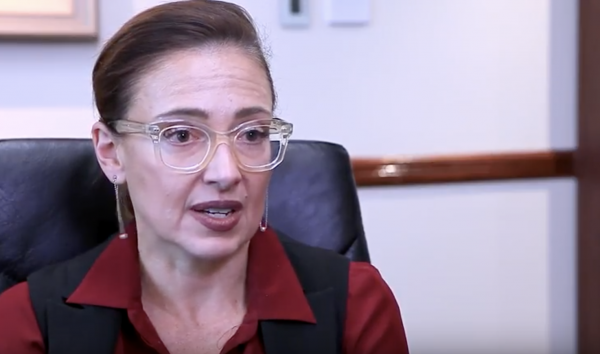Affordability is the number one issue for consumers with private health insurance, says Dr Rachel David, CEO of Private Healthcare Australia.
Speaking with DailyDispatch to mark the launch of HealthDispatch, Dr David said the issue has wider implications because of the risk to the public health system posed by people dropping out of private insurance.
"We need to remember that two thirds of non-emergency surgery and over half of mental health treatments in hospital take place in the private sector. And there is really no capacity for public hospitals to suddenly take that up," she says.
"...we're seeing people begin to question some of the costs that are rising, and continuing to rise in their household bills, whether it's childcare, education, energy or private health insurance. So, consumers are beginning to ask the question, can I afford this?"
According to Dr David, private health insurance differs from the public health system because there is a direct price signal every year in terms of a premium increase, which increases pressure on all stakeholders.
"The only way you can put downward pressure on health insurance premiums is to address input costs. There is no magic to it...all of the discussion about the complexity of the system or how health funds are structured, whether they're for profit or not for profit, is all window dressing.
"What goes into the premium is the input costs and bear in mind health funds pay out most of what they get in premium income as benefits. So, 86 cents in every dollar of premium income gets paid out as benefits. That's higher than general insurance, which is 62 cents, and any other form of insurance is much lower than that again.
"What we're talking about is how we manage those input costs better. The input costs are costs of hospital accommodation, they're the costs of reimbursements to allied health professionals, medical gap cover and they're the costs of medical devices, which in Australia unfortunately we pay some of the highest costs for medical devices in the whole world," adds Dr David.
In terms of a solution, she says "for the first time in a long time" the sector believes government and the minister are working hard to find a solution.
"There is no easy answer because, of course, by better controlling waste in the supply chain and managing input costs, some stakeholders are going to lose...and that's not easy. We're talking about some powerful vested interests that need to be persuaded the good of the whole sector is served by improving participation in health insurance and improving participation in private health."
